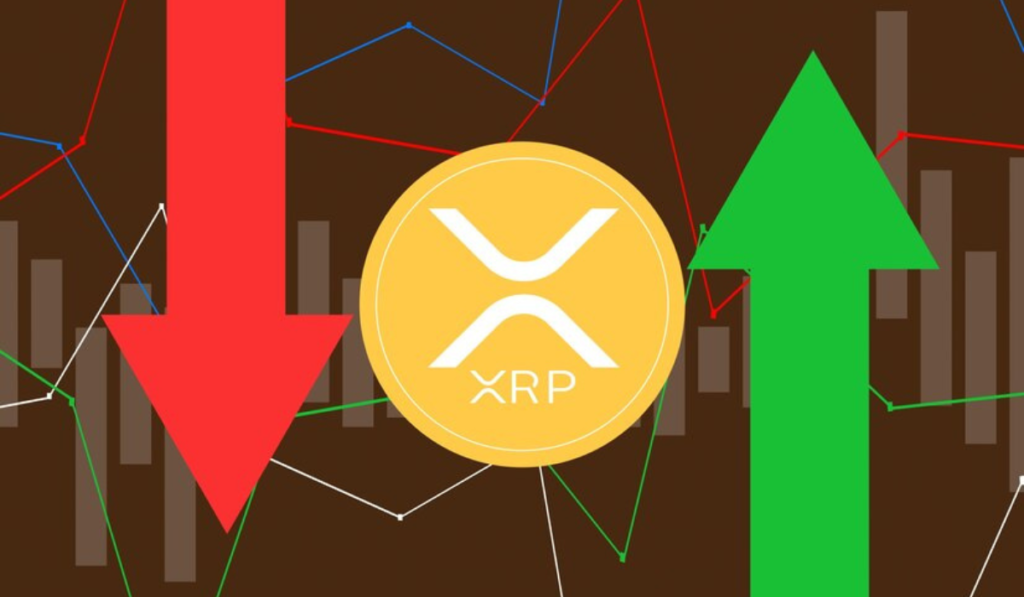Cryptocurrency has revolutionized the way we think about money, investments, and financial transactions. But with great power comes great responsibility—especially when it comes to storing and managing your digital assets. Enter cryptocurrency wallets, the cornerstone of crypto security and management.
Whether you’re a seasoned crypto enthusiast or a beginner dipping your toes into the world of Bitcoin, Ethereum, or altcoins, understanding cryptocurrency wallets is crucial. This guide will walk you through everything you need to know about crypto wallets, from their types and features to security tips and how to choose the best one for your needs.
What is a Cryptocurrency Wallet?
A cryptocurrency wallet is a digital tool that allows you to store, send, and receive cryptocurrencies like Bitcoin, Ethereum, and others. Unlike traditional wallets, crypto wallets don’t store physical currency. Instead, they store private keys—cryptographic codes that grant access to your digital assets on the blockchain.
Think of a crypto wallet as your personal gateway to the blockchain. Without it, you can’t access or manage your cryptocurrencies securely.
How Do Cryptocurrency Wallets Work?
Cryptocurrency wallets interact with the blockchain to enable transactions. Here’s a simplified breakdown of how they work:
- Private and Public Keys: Every wallet has a pair of cryptographic keys. The public key is like your bank account number—it’s shared with others to receive funds. The private key is like your ATM PIN—it’s kept secret and used to authorize transactions.
- Blockchain Interaction: When you send crypto, your wallet uses your private key to sign the transaction and broadcast it to the blockchain network.
- Balance Tracking: Wallets track your balance by scanning the blockchain for transactions associated with your public address.
Types of Cryptocurrency Wallets
Not all crypto wallets are created equal. Here’s a breakdown of the main types:
Hardware Wallets
Hardware wallets are physical devices (like USB drives) that store your private keys offline. They’re considered the most secure option because they’re immune to online hacks.
Pros:
- High security
- Offline storage
- Supports multiple cryptocurrencies
Cons:
- Costly compared to other options
- Less convenient for frequent transactions
Popular Options: Ledger Nano X, Trezor Model T
Software Wallets
Software wallets are applications or programs installed on your computer or smartphone. They’re more convenient than hardware wallets but slightly less secure.
Pros:
- Easy to use
- Free or low-cost
- Great for daily transactions
Cons:
- Vulnerable to malware and hacking
- Requires regular updates
Popular Options: Exodus, Electrum
Web Wallets
Web wallets are online platforms that store your private keys on their servers. They’re accessible from any device with an internet connection.
Pros:
- Highly convenient
- Often integrated with exchanges
Cons:
- Risk of hacking and phishing attacks
- Less control over private keys
Popular Options: MetaMask, MyEtherWallet
Paper Wallets
A paper wallet is a physical document containing your private and public keys, often in the form of QR codes.
Pros:
- Completely offline
- Immune to cyberattacks
Cons:
- Easily damaged or lost
- Not user-friendly for beginners
Mobile Wallets
Mobile wallets are apps designed for smartphones, offering a balance between convenience and security.
Pros:
- Portable and easy to use
- Ideal for small, frequent transactions
Cons:
- Vulnerable to device theft or loss
- Limited storage space
Popular Options: Trust Wallet, Coinbase Wallet
Key Features to Look for in a Crypto Wallet
When choosing a cryptocurrency wallet, consider the following features:
- Security: Look for wallets with two-factor authentication (2FA), encryption, and backup options.
- Supported Cryptocurrencies: Ensure the wallet supports the coins you own or plan to invest in.
- User Interface: A clean, intuitive interface makes managing your crypto easier.
- Backup and Recovery: Choose wallets that offer seed phrases or backup options.
- Customer Support: Reliable support is crucial for troubleshooting issues.
How to Choose the Best Cryptocurrency Wallet

Choosing the right wallet depends on your needs:
- For Security: Opt for a hardware wallet.
- For Convenience: Use a mobile or web wallet.
- For Long-Term Storage: Consider a paper or hardware wallet.
Security Tips for Using Cryptocurrency Wallets
- Use Strong Passwords: Create unique, complex passwords for your wallets.
- Enable 2FA: Add an extra layer of security.
- Keep Software Updated: Regularly update your wallet software to patch vulnerabilities.
- Backup Your Wallet: Store your seed phrase in a secure location.
- Beware of Phishing Scams: Always double-check URLs and avoid clicking on suspicious links.
FAQs About Cryptocurrency Wallets
Q: Can I use one wallet for all cryptocurrencies?
A: It depends on the wallet. Some support multiple cryptocurrencies, while others are coin-specific.
Q: Are cryptocurrency wallets free?
A: Most software and mobile wallets are free, but hardware wallets come with a cost.
Q: What happens if I lose my private key?
A: Losing your private key means losing access to your funds. Always back up your keys or seed phrase.
Q: Can I recover a lost hardware wallet?
A: Yes, if you have your seed phrase, you can recover your funds on a new device.
Q: Are web wallets safe?
A: Web wallets are convenient but less secure than hardware or paper wallets. Use them with caution.
Conclusion
Cryptocurrency wallets are essential tools for managing and securing your digital assets. Whether you prioritize security, convenience, or a balance of both, there’s a wallet out there for you. By understanding the different types, features, and security measures, you can make an informed decision and protect your investments.
Ready to dive deeper? Share this guide with fellow crypto enthusiasts, or explore our The Ultimate Guide to Choosing the Best Wallet for Crypto in 2025 next. Have questions? Drop a comment below!








1 thought on “The Ultimate Guide to Cryptocurrency Wallets: Everything You Need to Know”